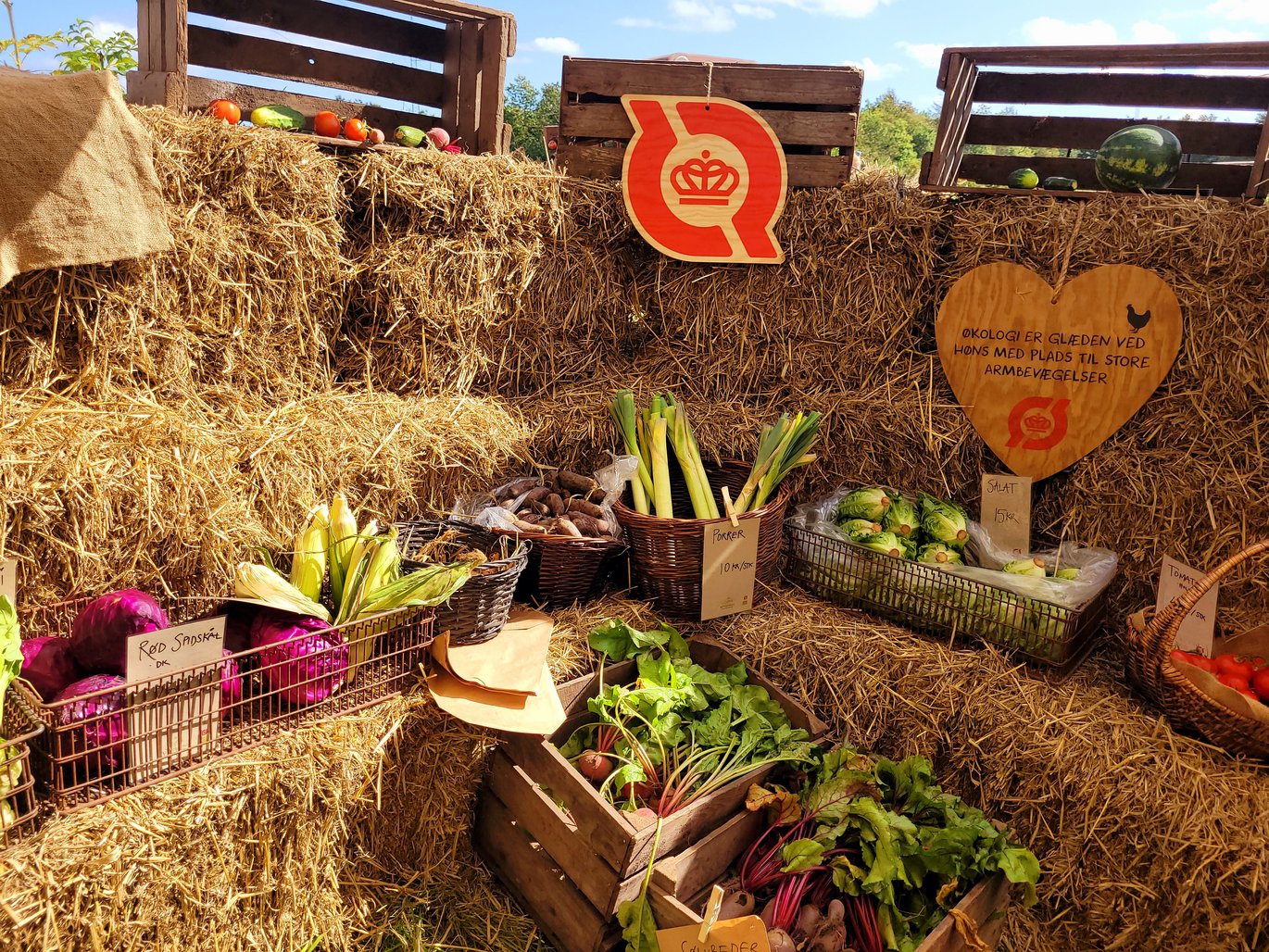More plant-based food on the plate requires increased recirculation
The use of alternative sources of fertilizers as a supplement to animal manure and nitrogen-fixing plants might be a necessity for increased production of plant-based foods.

Denmark is facing a goal of doubling the organic farming area by 2030. At the same time, there is an ambition to increase the production of plant-based foods. If production in organic farming is to be maintained and potentially increased, it might be necessary to use fertilizers from the surrounding society. The challenge lies in the fact that these products may contain potentially problematic substances, including microplastics and heavy metals.
To succeed in providing sufficient fertilizers, we need to find a balance between the organic principles of ecology and care. This means that we need to have a better understanding of the actual risks associated with the use of alternative fertilizers. Therefore, the Organic RDD project RECONCILE has been mapping the extent of harmful effects on the soil ecosystem since 2020 through the recirculation of, for example, wastewater sludge, composted household waste, and human urine.
In soils from University of Copenhagen’s long-term experiments with recirculation, researchers have examined the functional and taxonomic groups of microfauna after sowing, during the growth of spring wheat, and after harvest. The experiments were conducted in soils that received substantial amounts of compost from household waste, wastewater sludge, and cow manure - equivalent to more than 100 years of legal application. Additionally, treatments that received moderate amounts of human urine and NPK fertilizer, as well as unfertilized treatments, were also investigated.
The experiments with composted household waste, wastewater sludge, and human urine do not indicate negative effects on the composition of the soil microfauna. On the contrary, it is clear that the application of wastewater sludge and composted household waste, in doses equivalent to more than 100 years of legal application, has promoted soil health compared to unfertilized and NPK-fertilized soil. This is evident in the organic matter content, the density of microorganisms and microfauna, and plant growth in soils amended with wastewater sludge and composted household waste, which are comparable to levels in soils amended with traditional organic fertilizers (cow manure).
Studies on the taxonomic composition of nematode communities show no signs of particularly pollution-sensitive groups of nematodes reacting negatively to the long-term application of composted household waste or wastewater sludge.
There are also no negative effects observed on earthworm survival, growth, and reproductive ability, even in the presence of microplastics in the soil. This is evident from experiments conducted with cow manure, composted household waste (applied at normal and highly accelerated level), wastewater sludge (normal and highly accelerated level), as well as experiments with the addition of microplastics in high concentrations to NPK-fertilized soil.
The experiments and literature reviews conducted by RECONCILE suggest an improved soil health (more organic matter and higher densities of decomposers) with the addition of organic resources, including composted household waste and wastewater sludge. There are no indications that the application of household waste and sludge negatively affects pollution-sensitive indicator organisms when compared to soils fertilized with NPK, human urine, cow manure, or unfertilized soils.
For more information on the assessment of risks to the soil environment as well as the assessment of risks to human health associated with the transmission of unwanted substances through the food chain, you can read ICROFS' latest knowledge synthesis on nutrients and recirculation here. |
The article has also been published in Økologisk Landbrug in August 2023.